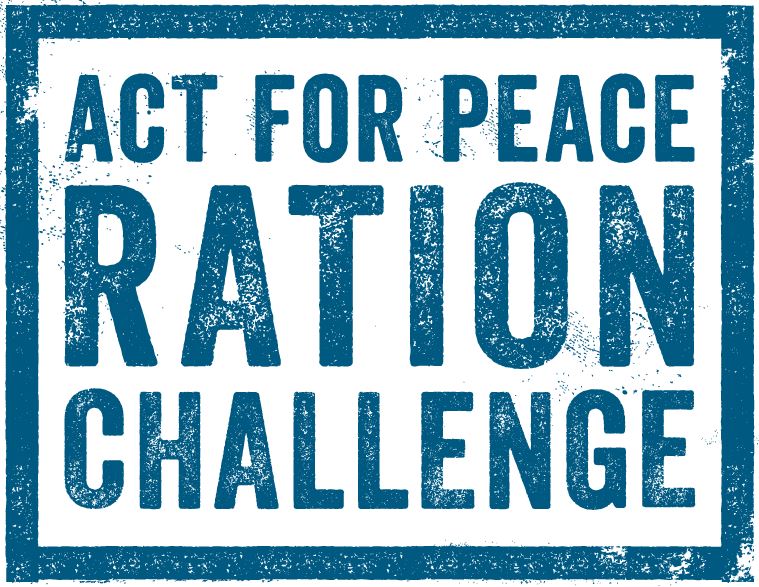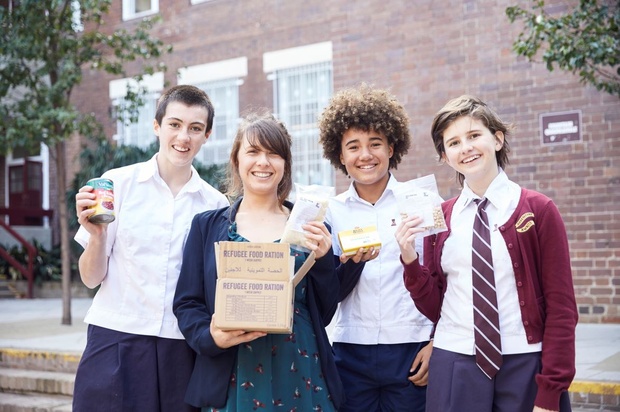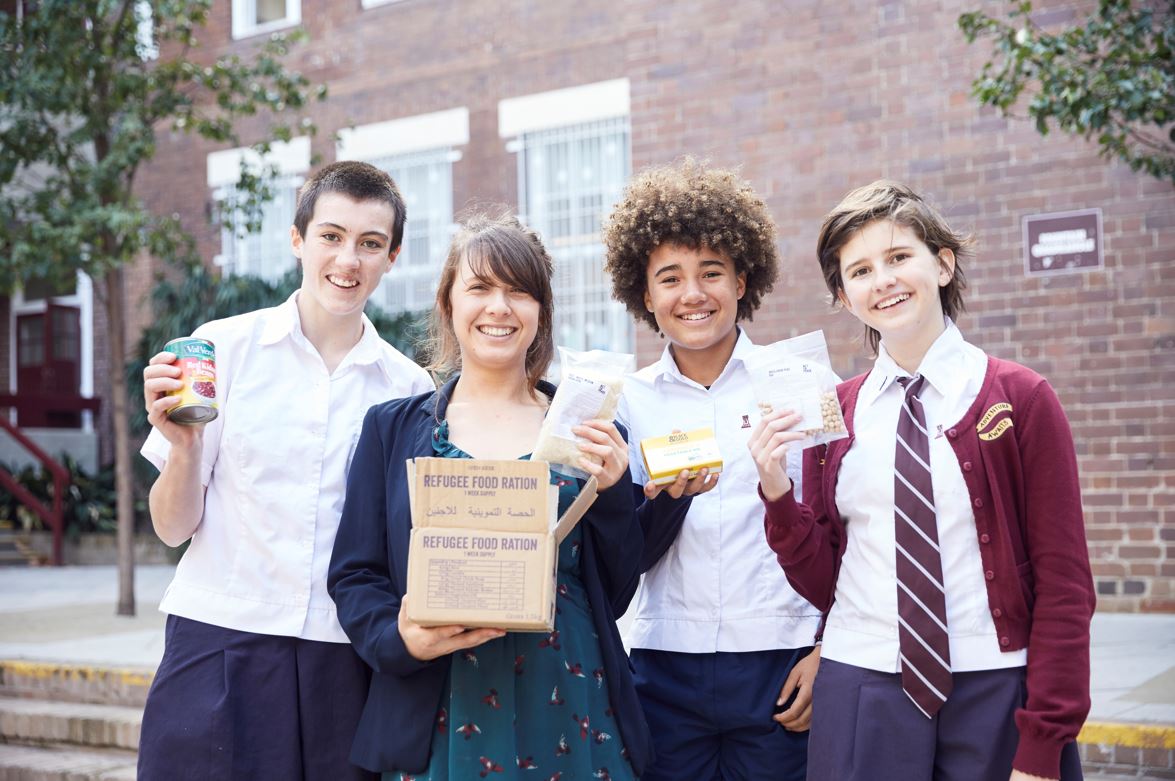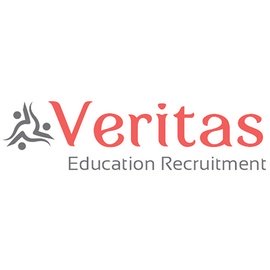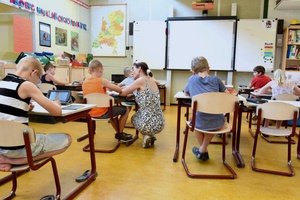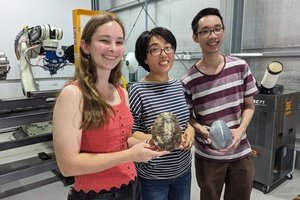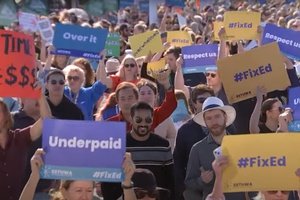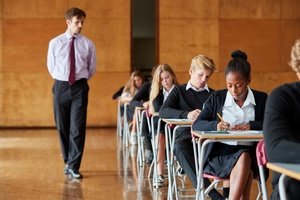The impacts of the pandemic have been confronting, and levels of anxiety have risen. According to a study conducted by UNICEF, young people aged between 13 and 17 feel their ability to cope well with life has plummeted. This finding is likely to be an ongoing reality for many as the pandemic continues to bring added pressures and long-lasting impacts.
But the pandemic hasn’t been the only thing causing a decrease in wellbeing. Studies show that climate change causes significant levels of distress for young people, who feel they have inherited problems that they don’t have the power to do anything about. Add to that the recent conflicts in Afghanistan and Gaza, and the ongoing reports of immigration and a rising number of refugees — many of whom are now facing displacement due to climate change; no wonder young people are feeling overwhelmed and helpless.
“It has never been more important to provide youth with the tools they need to feel empowered to make a difference,” Ruthann Richardson, from Act for Peace, says. Act for Peace is enabling young people to feel empowered and hopeful about change. “A growing pool of research shows that school-age students feel increasingly disenfranchised and anxious about the state of the world. The impacts of climate change on their future, the health and economic repercussions of the pandemic, and the ongoing and escalating refugee crisis are all issues where young people’s thoughts, opinions, and feelings are so important in the decision-making process.”
Act for Peace runs a fundraising event called the Ration Challenge. For a few days, students eat the same rations as a refugee, raise money, and perhaps most importantly of all, lead their own way in creating a new path forward. “Young people’s voices are often sidelined by political leaders on a myriad of important social issues,” Ruthann says. “The Act for Peace Ration Challenge aims to empower students to find their voice and feel they can make a real difference.”
During Ration Week (June 20-24, 2022), students eat the same rations as a refugee living in a camp in Jordan, just rice, lentils, beans, chickpeas, oil and fish (or tofu for vegetarians or vegans), and gain an empathy-building glimpse into someone else’s experience. Students will also take control of their own fundraising initiative and start important conversations with their peers and communities about how it feels to eat only rations.
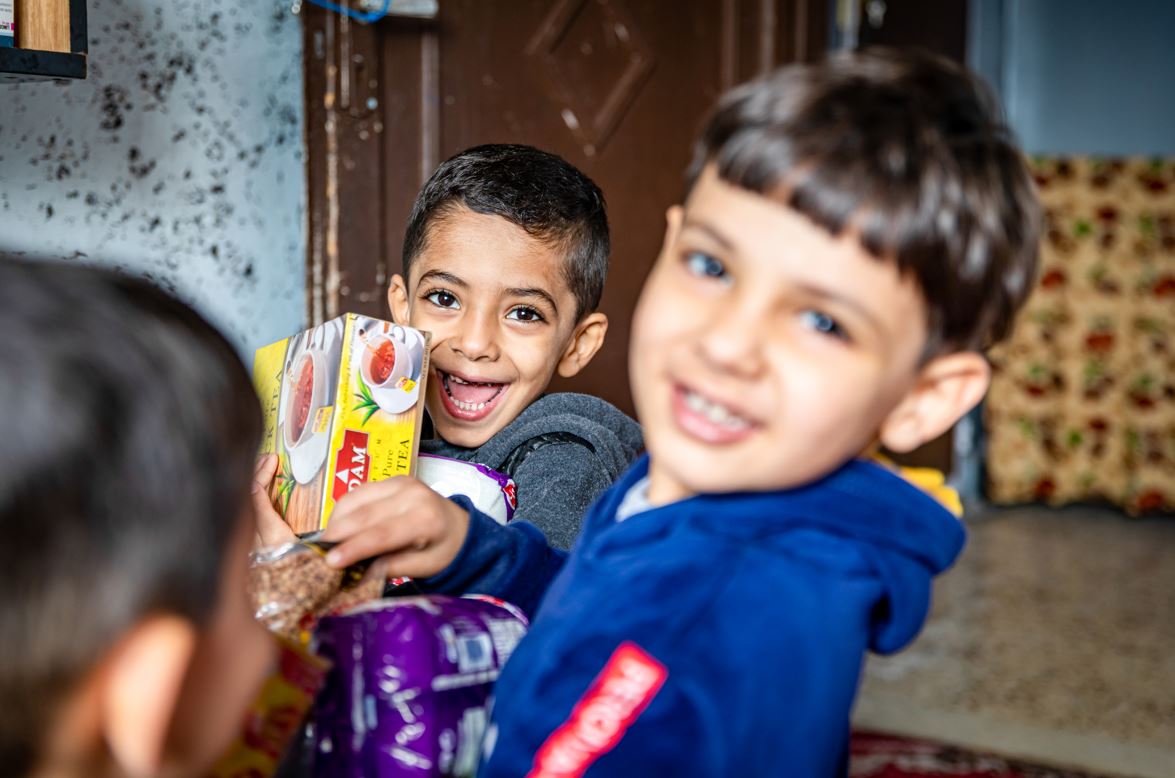
Funds raised in last year’s challenge provided 6120 Syrian refugees with emergency food rations. PHOTO: Arthur Tainturier/Act for Peace.
Since the Ration Challenge Schools Program began, schools across Australia have raised over $1.4 million to help support refugees and displaced people around the world. Moreover, students across Australia have developed their advocacy skills and raised vital awareness.
The Ration Challenge has proven to be an exceptionally powerful tool for teachers and students. As Chris Goodman, Director of Mission at Oakhill College, explains, “anything you can do as an educator that you can engage young people with, anything that you can do to teach your students and children about the world and not just the bubble that they may be living in their own suburb or in their own school area in Australia, to make them more worldly and to be able to be people who go to those margins and work with people living on the fringe, whether that be in a local community, city, the country they live in, and/or the global world, then the world is going to be a better place”.
Since the Ration Challenge Schools program began in 2018, 290 schools across Australia have signed up, and 4074 students have taken part, with many returning year after year.
“The Ration Challenge 2021 was our fourth year running the challenge at CBHS,” Jonathon Bishop, a teacher at Christian Brothers’ High School, says. “We started off with ten participants in 2018, 27 in 2019, and last year we had 40 members of our community participate in the challenges, including students from all year levels (7-12). I believe that the most enriching learning experiences are the ones in which you can fully immerse yourself and relate to real-world issues. By participating in the Ration Challenge, you will be able to work together with a wide range of students to achieve great things. Never underestimate the power of having a conversation with a student and the carry-on effect that can have on the wider community.”
The Ration Challenge is a way of giving your students the power to change the world. And while it offers only a glimpse into the experience of being a refugee, the experience has a beneficial impact on a student’s ability to feel they have the power and capacity to do something in an increasingly challenging world.
By putting themselves in the shoes of a refugee for one week, your students will learn about current global issues, gain more empathy and feel empowered to lead and make a difference. While on a practical level, the funds your school raises will help provide emergency food, healthcare, and life-changing support for refugees and communities affected by conflict and disaster.
The Ration Challenge takes place from June 20-24, 2022. Students aged 12 and above can participate. Register your interest, and the Act for Peace team will guide you through getting your school involved. Give your students the power to change the world through the Ration Challenge by visiting schools.rationchallenge.org.au
